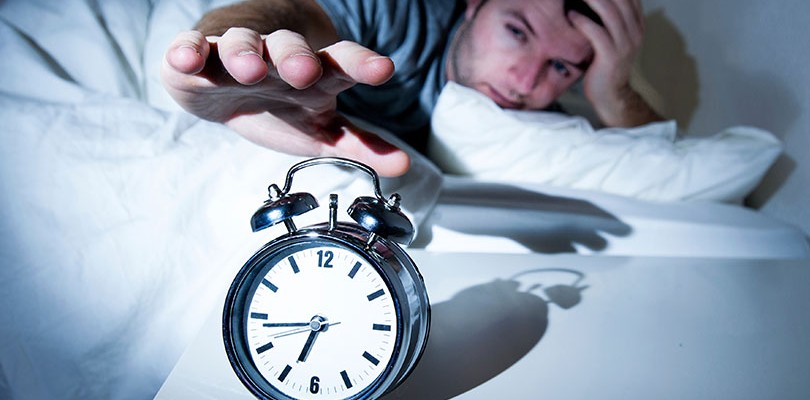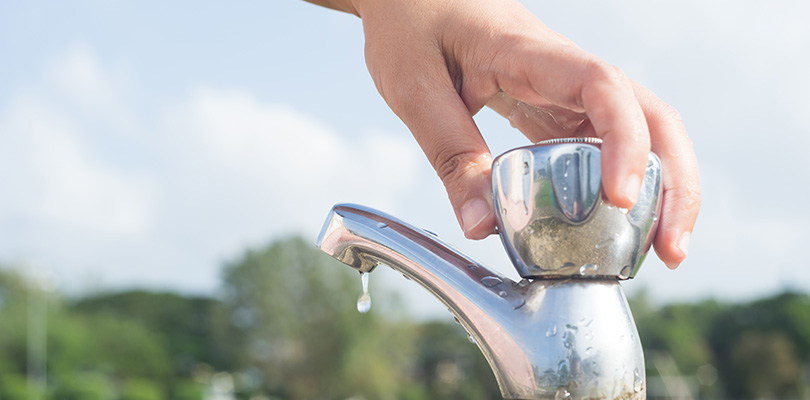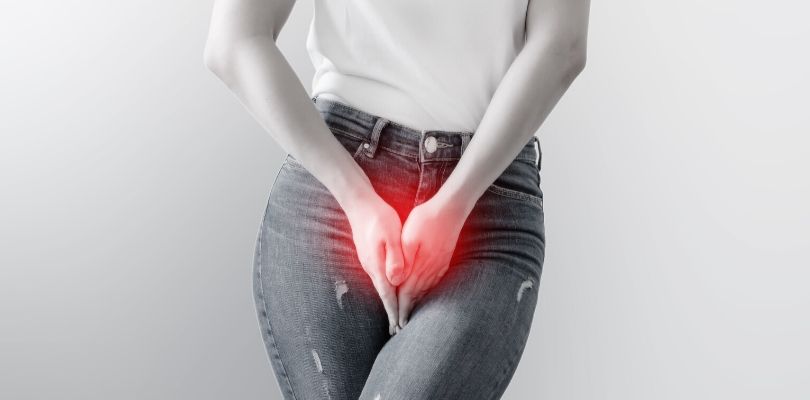
Photo Credit: OcusFocus / istockphoto.com
7. Changes in Your Routine
Sometimes symptoms of OAB are less obvious, and your brain begins to adjust your behaviour before you’re even conscious of a bladder problem. For instance, you may have started to scout out restrooms more often, or maybe you’ve avoided some social events for fear of having an accident. If you notice that your bladder issues are on your mind all the time when you’re out and about, you probably have a case of OAB. Instead of trying to ignore the inconvenience, take control with an accurate diagnosis and a good treatment plan, and soon you’ll be feeling much more comfortable in public spaces.
If your bladder needs and worries are beginning to interfere with your daily obligations and favorite hobbies, it’s vital that you get the help you need. It can be a little awkward to discuss bathroom habits with anyone, including doctors, but the alternative is worse. If left untreated, many people with OAB will begin to suffer from social isolation, inactivity, and even depression – and these can have far-reaching, long-term consequences for your physical and emotional health.
Read more about symptoms of overactive bladder over at NewLife Outlook.
You can team up with your doctor to craft a more aggressive Overactive Bladder treatment plan with a combination of these approaches.







